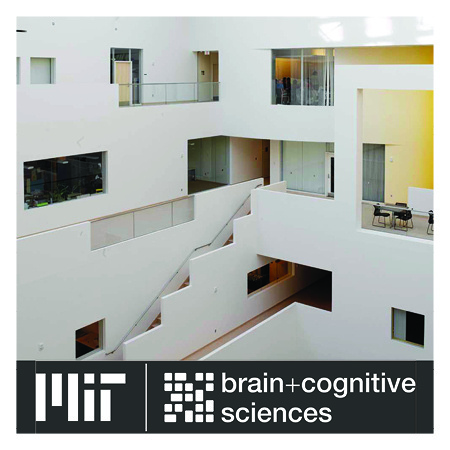
Jenna Aronson Thesis Defense: Developing Tools to Physically Magnify Biological Substrates for Clinical Applications
Description
Speaker: Jenna Aronson
Advisor: Edward Boyden
In person location: Singleton Auditorium, 46-3002
This dissertation will cover two technologies that have been developed to provide enhanced nanoscale resolution of clinical pathology and liquid biopsy samples using conventional confocal microscopes. Biology is based on nanoscale building blocks, biomolecules, which interact over nanoscale distances. Diseases, especially in their earliest stages, are associated with subtle changes in the presence and organization of biomolecules in cells and tissues. Expansion microscopy (ExM), a method of physical specimen expansion that preserves nanoinformation, and thus enables molecular mapping on conventional microscopes, is spreading rapidly through biology, with many hundreds of experimental papers and preprints to date. Some early studies have also shown ExM to physically magnify small changes found early in a disease, making them more obvious to clinical investigators. In the first technology presented in this document, we ask whether this could be adapted to become a practical clinical diagnostic tool for early disease, by extending ExM to the imaging of liquid biopsies -- easily obtained, minimally invasively extracted, specimens from patients (e.g., blood, saliva). Ultimately, this protocol holds exciting potential for non-invasive, longitudinal insight into early and subsequent changes in brain diseases.
The second technology presented here, decrowding expansion pathology (dExPath), which can expand proteins away from each other in human brain pathology specimens, including formalin-fixed paraffin-embedded (FFPE) clinical specimens. Immunostaining of dExPath-expanded specimens reveals, with nanoscale precision, previously unobserved cellular structures, as well as more continuous patterns of staining. This enhanced molecular staining results in observation of previously invisible disease marker-positive cell populations in human glioma specimens, with potential implications for tumor aggressiveness. dExPath results in improved fluorescence signals even as it eliminates lipofuscin-associated autofluorescence. Thus, this form of expansion-mediated protein decrowding may, through improved epitope access for antibodies, render immunohistochemistry more powerful in clinical science and, perhaps, diagnosis.
The final unit of this dissertation will cover other projects and experiments that did not make it into publications. I will also share larger lessons I learned about experimental design and project planning that I have learned throughout my development as a graduate researcher. I will conclude by sharing the experiences throughout my tenure at MIT through which I discovered and cultivated my passion for biotech entrepreneurship.

